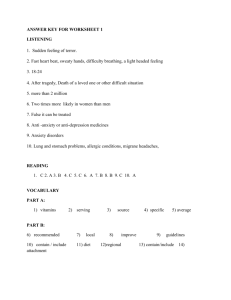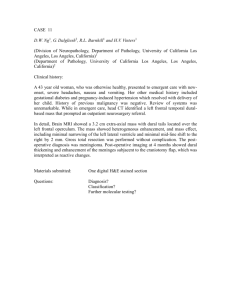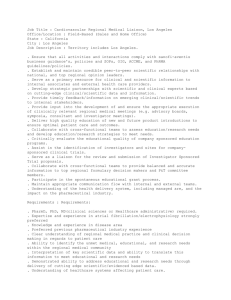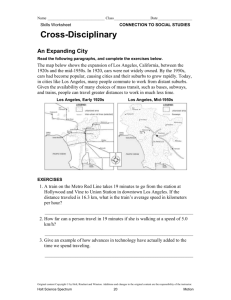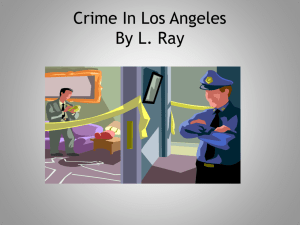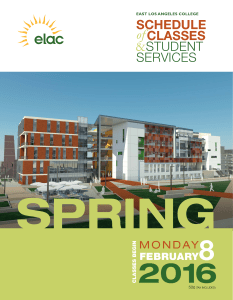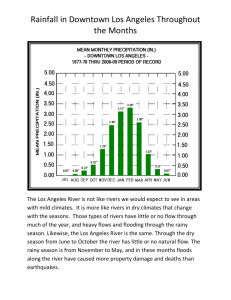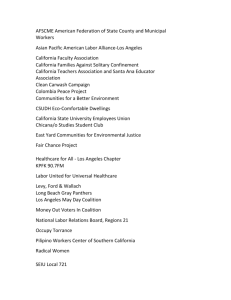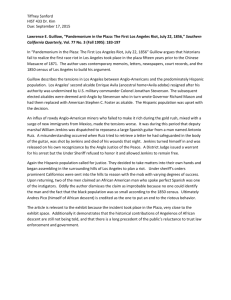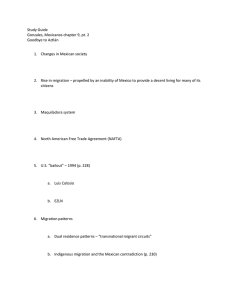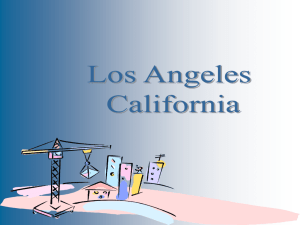Close Reading: Epilogue
advertisement
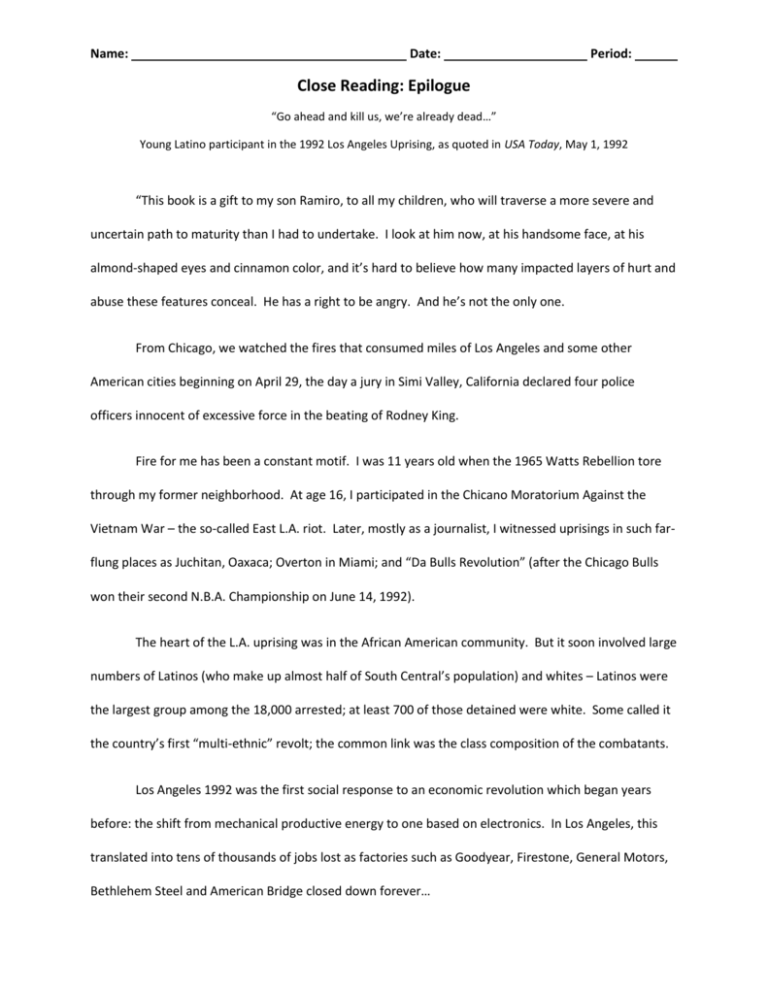
Name: Date: Period: Close Reading: Epilogue “Go ahead and kill us, we’re already dead…” Young Latino participant in the 1992 Los Angeles Uprising, as quoted in USA Today, May 1, 1992 “This book is a gift to my son Ramiro, to all my children, who will traverse a more severe and uncertain path to maturity than I had to undertake. I look at him now, at his handsome face, at his almond-shaped eyes and cinnamon color, and it’s hard to believe how many impacted layers of hurt and abuse these features conceal. He has a right to be angry. And he’s not the only one. From Chicago, we watched the fires that consumed miles of Los Angeles and some other American cities beginning on April 29, the day a jury in Simi Valley, California declared four police officers innocent of excessive force in the beating of Rodney King. Fire for me has been a constant motif. I was 11 years old when the 1965 Watts Rebellion tore through my former neighborhood. At age 16, I participated in the Chicano Moratorium Against the Vietnam War – the so-called East L.A. riot. Later, mostly as a journalist, I witnessed uprisings in such farflung places as Juchitan, Oaxaca; Overton in Miami; and “Da Bulls Revolution” (after the Chicago Bulls won their second N.B.A. Championship on June 14, 1992). The heart of the L.A. uprising was in the African American community. But it soon involved large numbers of Latinos (who make up almost half of South Central’s population) and whites – Latinos were the largest group among the 18,000 arrested; at least 700 of those detained were white. Some called it the country’s first “multi-ethnic” revolt; the common link was the class composition of the combatants. Los Angeles 1992 was the first social response to an economic revolution which began years before: the shift from mechanical productive energy to one based on electronics. In Los Angeles, this translated into tens of thousands of jobs lost as factories such as Goodyear, Firestone, General Motors, Bethlehem Steel and American Bridge closed down forever… The resultant economic decay – L.A. has the second largest homeless population in the country – was the foundation for the kind of response that followed the Rodney King verdicts. Add to this one of the most brutal police forces in America, and you have a riot in the making; it was only a matter of time. Government officials at local, state and federal levels proved they would not allow any serious challenge to the economic and political underpinnings of poverty in this country. They dispatched National Guard and Army troops, who turned their guns against Americans – barely more than a year after the bloody (for the Iraqi people) Persian Gulf War” (Rodriguez 247 – 248).
